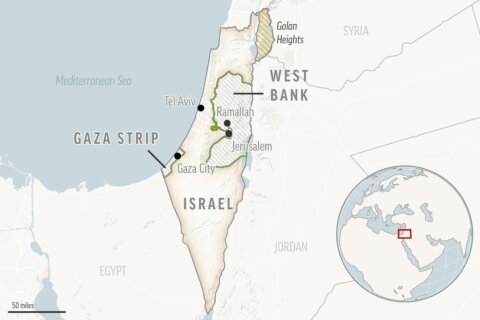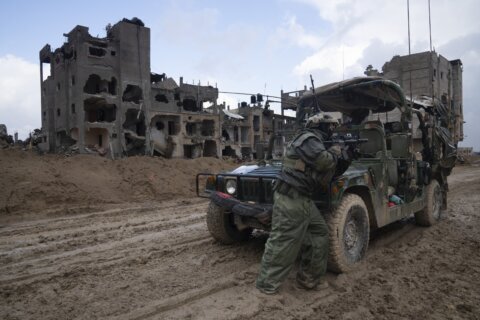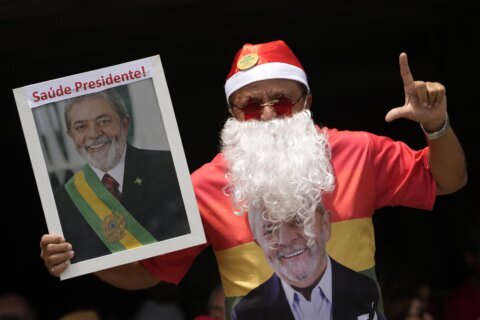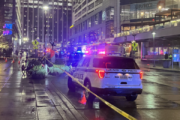MEXICO CITY (AP) — Nicaragua said Tuesday it was revoking the citizenship and seizing the property of 135 people who were expelled from the country last week after serving prison sentences in a government crackdown on dissent.
The decision was announced in a press release from the Supreme Court of Justice, which said those released were “convicted of criminal acts” that went “against sovereignty, independence and self-determination” of the country, in addition to promoting “violence, hatred, terrorism and economic destabilization”.
The government also said it would confiscate all their assets.
The prisoners were released and expelled from Nicaragua under a deal with the United States and Guatemala. They will reportedly stay temporarily in Guatemala before relocating to the U.S.
While details of the deal have not been disclosed, American authorities claimed no concessions were made to secure the prisoners’ release.
Nicaragua’s government has for years clamped down on dissent, imprisoning opponents of President Daniel Ortega and shutting down civil society organizations.
The recent prisoner release follows a similar initiative last year, when Nicaragua freed 222 political leaders, priests, students, activists and others, who went to the U.S. They were later stripped of their citizenship, leaving many “stateless,” which is illegal under international law.
Without their citizenship and property, and unable to return to their country, former prisoners say they feel unmoored and struggle to make ends meet.
Analysts and activists claim say the release is a way for the government to continue harming its opponents while shielding itself from criticism by the international community.
The United States has offered the group of released prisoners access to “legal avenues” to qualify for residency.
Eric Jacobstein, Deputy Assistant Secretary of State for Western Hemisphere Affairs, said on Monday that Washington has made available to the 135 Nicaraguans an “expedited refugee procedure”, which has also been extended to their family members still in Nicaragua.
Meanwhile, a United Nations group of human rights experts released a report Tuesday sharply rebuking the Nicaraguan government, and saying that the government had left the “Nicaraguan people defenseless against serious human rights violations.” The report highlighted the 135 people.
The report is based on more than 1,200 interviews and nearly 5,000 documents on “facts that constitute crimes against humanity” and that “have gone unpunished and without redress,” including political persecution of stripping of nationality, said Jan-Michael Simon, president of group.
The report criticized the “cross-border reach” of government repression, expressed in a recent reform to Nicaragua’s Penal Code that will allow Ortega to prosecute and expropriate individuals and organizations, Nicaraguan or foreign, who call for sanctions against the government or commit “acts of terrorism” and other crimes.
“Nicaragua does not meet even the minimum reasonable standard of judicial independence,” wrote Simon in a release. “Continued violations are leaving entire sections of the population in a state of defenselessness.”
Tuesday marked the first time that the Nicaraguan government publicly acknowledged the release and banishment of the 135 former prisoners. Those individuals included 13 Nicaraguan members of the U.S. church Mountain Gateway, who spent nine months in prison accused of money laundering and other serious crimes.
The church, which was shut down and its property confiscated by the Nicaraguan state, has emphatically denied the charges against its members.
Opposition sources say the latest mass release cuts the number of people considered to be political prisoners to about 40, including 10 who have been in prison since before the 2018 social protests.
Copyright © 2024 The Associated Press. All rights reserved. This material may not be published, broadcast, written or redistributed.







